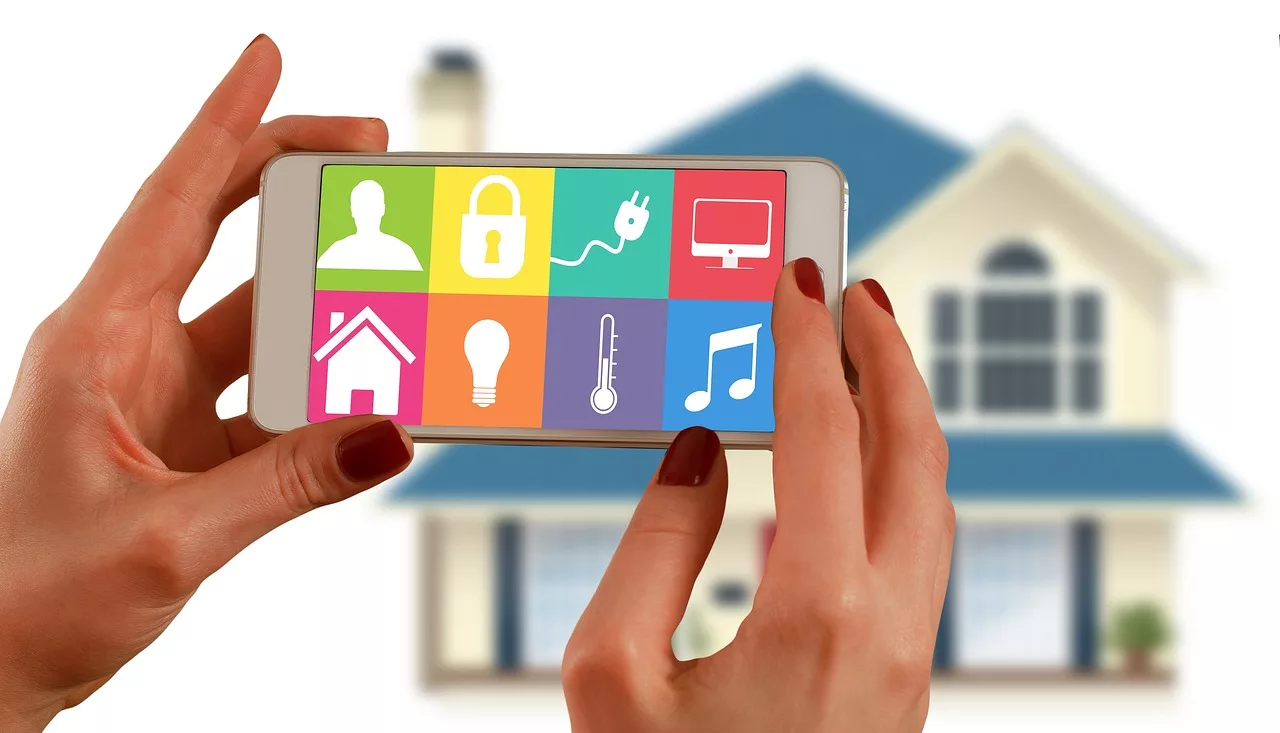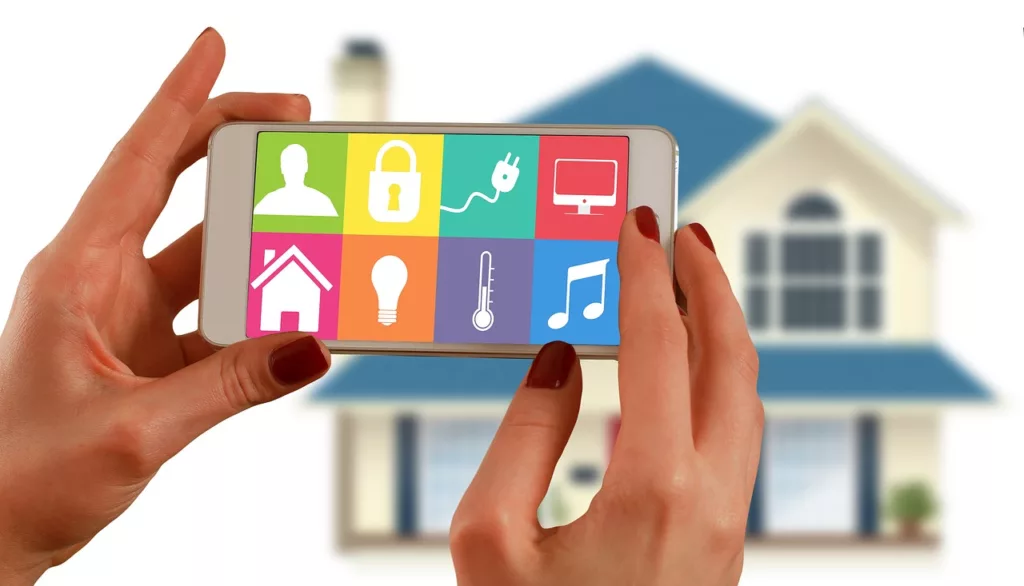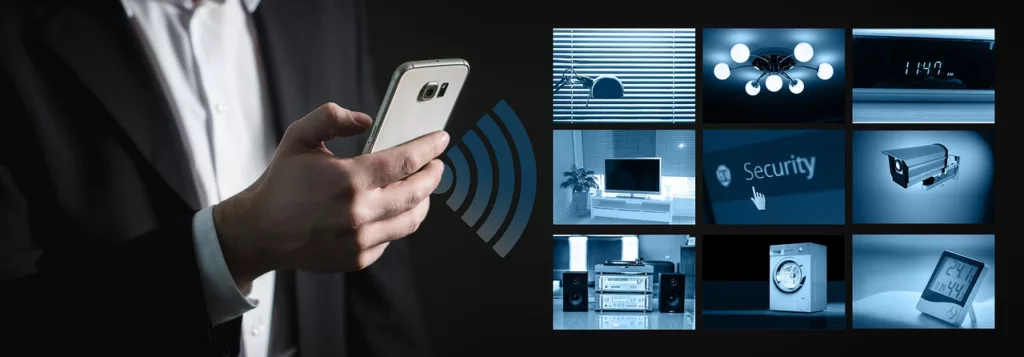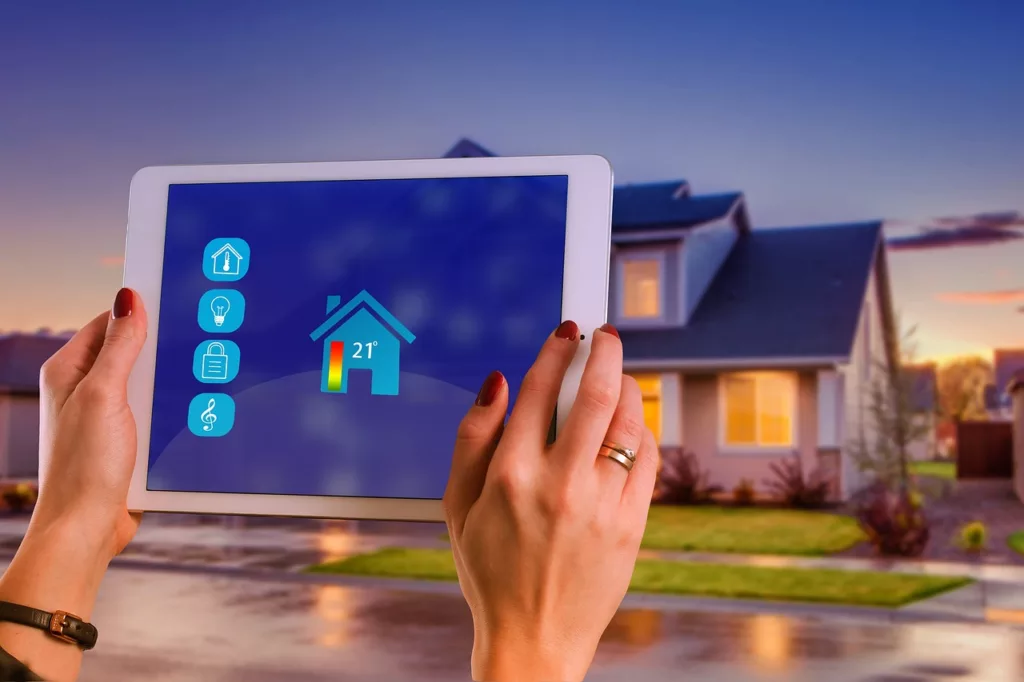
What is the Future of Smart Home Installation in San Francisco?

The concept of a smart home has evolved significantly in recent years, and San Francisco, being a hub of technological innovation, is at the forefront of this transformation. As we delve into the future of smart home installation in San Francisco, it’s crucial to understand the current landscape and the technological advancements driving this change in home automation.
The Current Landscape of Smart Home Installation
Growing Demand
Smart home devices are becoming increasingly popular among homeowners in San Francisco. The demand for automated solutions for home including kitchens that enhance convenience and efficiency is on the rise.
Integration Challenges
However, the integration of diverse smart devices poses challenges. Homeowners often find it perplexing to synchronize different technologies seamlessly.
Technological Advancements in Smart Home Devices
AI Integration
Artificial Intelligence (AI) is revolutionizing smart homes, enabling devices to learn and adapt to the occupants’ preferences, creating a more personalized experience.
IoT Connectivity
The Internet of Things (IoT) has expanded connectivity, allowing devices to communicate and share data. This burst of connectivity enhances the overall functionality of a smart home.
Sustainable Smart Homes
Energy-Efficient Solutions
The future of smart homes in San Francisco emphasizes sustainability. Energy-efficient solutions, such as smart thermostats and solar-powered devices, are gaining traction.
Eco-Friendly Devices
Homeowners are increasingly opting for eco-friendly smart devices that contribute to reducing their carbon footprint.
The Role of Professional Installation Services
Expertise in Integration
Professional installation services play a crucial role in overcoming integration challenges. Experts ensure that all devices work seamlessly together, providing a hassle-free experience for homeowners.
Customization for Homeowners
These services offer customization options, tailoring smart home setups to individual preferences and lifestyles.
Future Trends in Smart Home Installation
Voice-Activated Control
Voice-activated control is set to become a standard feature in smart homes, offering a hands-free and convenient way to manage devices.
Enhanced Security Features
As security concerns grow, smart home installations in the future will focus on advanced security features, ensuring the protection of personal data and property.
Health Monitoring Systems
Innovations in health monitoring devices will integrate with smart homes, providing valuable insights into occupants’ well-being.

Challenges and Solutions
Data Privacy Concerns
As smart homes collect vast amounts of data, addressing privacy concerns becomes paramount. Robust cybersecurity measures are essential.
Cybersecurity Measures
The industry needs to invest in robust cybersecurity measures to protect smart home users from potential breaches.
The Impact of 5G Technology
Faster Connectivity
The rollout of 5G technology will significantly enhance the speed and reliability of smart home devices, ensuring faster connectivity.
Expanded Device Capacity
Increased device capacity with 5G opens up possibilities for more sophisticated and interconnected smart home ecosystems.
Cost Considerations for Smart Home Installation
Initial Investment
While the initial cost of smart home installation may be high, the long-term savings in energy efficiency and improved home management make it a worthwhile investment.
Long-Term Savings
Smart home technologies contribute to long-term savings through reduced energy consumption and lower utility bills.
Government Incentives and Regulations
Encouraging Sustainable Practices
Government initiatives promoting sustainable practices in home automation incentivize homeowners to adopt eco-friendly smart solutions.
Ensuring Consumer Protection
Regulations safeguard consumer interests, ensuring transparency, data protection, and fair business practices within the smart home industry.
Consumer Awareness and Education
Understanding Smart Home Benefits
Educating consumers about the benefits of smart homes is crucial in fostering widespread adoption and dispelling any misconceptions.
Choosing the Right Devices
Consumers need guidance in selecting devices that align with their needs and preferences, avoiding unnecessary purchases.
Smart Home Installation in San Francisco
Local Trends
San Francisco’s unique demographic contributes to local trends in smart home preferences, often influenced by tech-savvy residents.
Community Initiatives
Community-driven initiatives promote the adoption of smart home technologies, creating a network of informed and engaged homeowners.
DIY vs. Professional Installation
Pros and Cons
While DIY installations offer cost savings, professional installations ensure a seamless experience with minimal troubleshooting.
Making an Informed Decision
Homeowners must weigh the pros and cons based on their technical proficiency and the complexity of the smart home setup they desire.

Future Collaborations in the Industry
Tech Companies and Home Builders
Collaborations between technology companies and home builders will result in smart homes being integrated seamlessly during construction.
Cross-Industry Partnerships
Smart home technology will intersect with other industries, creating innovative solutions through cross-industry partnerships.
Conclusion
The future of smart home installation in San Francisco is bright, marked by technological advancements, sustainability, and a growing awareness among consumers. As the industry continues to evolve, addressing challenges and embracing innovations will be crucial in shaping a future where smart homes are not just a luxury but a standard in modern living.
FAQs
- Are smart homes only for tech enthusiasts?
- No, smart homes cater to a wide range of users, offering convenience and efficiency to anyone seeking an upgraded living experience.
- How can I ensure the security of my smart home devices?
- Implementing strong passwords, regular software updates, and investing in reputable devices with robust security features are essential steps.
- What are the long-term benefits of investing in a smart home?
- Long-term benefits include energy savings, improved home management, and increased property value.
- Can I install smart home devices myself, or should I hire a professional?
- It depends on your technical expertise and the complexity of the smart home setup. While DIY is an option, professional installation ensures a seamless experience.
- Are there government incentives for adopting sustainable smart home practices?
- Yes, some governments offer incentives to promote the adoption of eco-friendly smart home solutions, such as tax credits and rebates.

The ©Heidi’s House Difference? An affordable Smart Home tailor-made for you.
